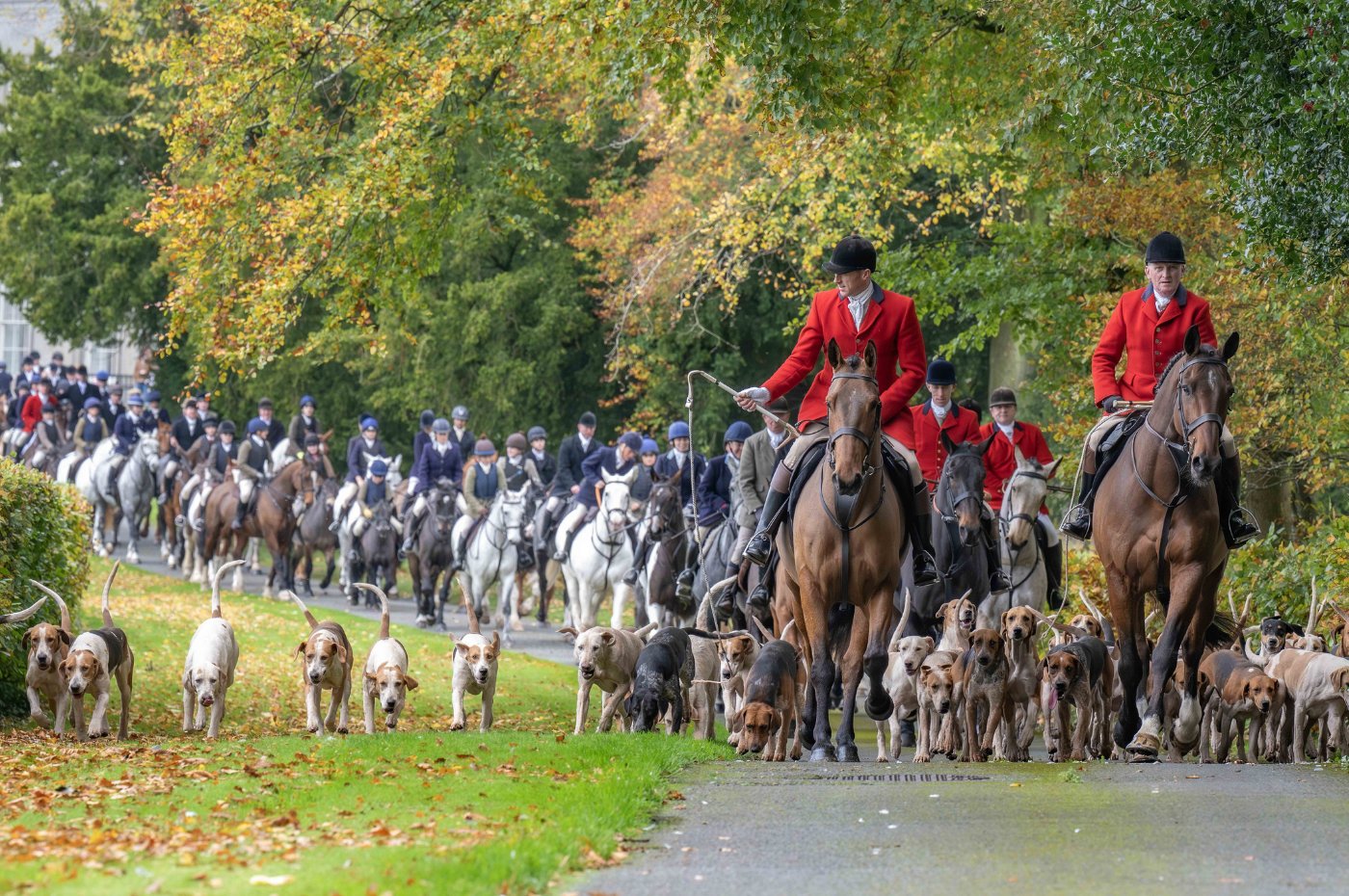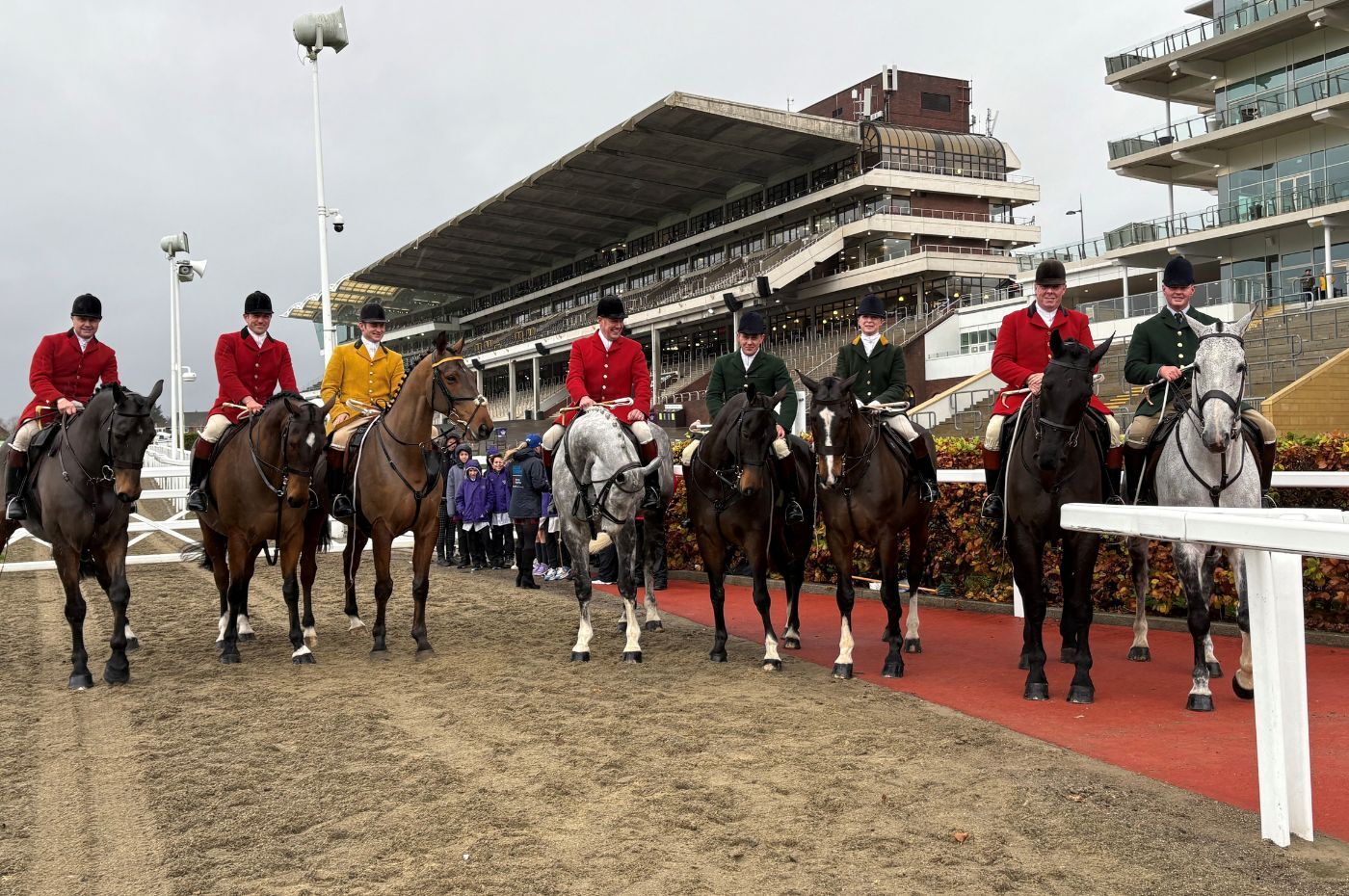Defending rural Ireland: Why the Fox Hunting Ban Bill threatens more than tradition
On 17 December 2025, the Animal Health and Welfare (Ban on Fox Hunting) Bill,...
View Details
Today (Thursday, 1 May) marks the start of a new season, bringing both excitement and anticipation for what lies ahead, especially for those stepping into new roles with fresh perspectives and renewed energy. This is also a moment of transition for those moving out of hunt service and facing new challenges, as well as those preparing to take on greater responsibilities.
This season carries added importance as it may precede the introduction of legislation linked to Labour’s manifesto pledge to 'ban trail hunting.' With the announcement of a consultation scheduled for later this year, there is now an emerging timeline that points toward potential changes as early as 2026. While hunting may not rank as a priority for most voters, its inclusion in the manifesto ensures a renewed debate will take place. This time, however, the focus shifts to assessing the effectiveness of current legislation rather than revisiting the arguments surrounding animal welfare.
Opponents of hunting continue to claim that the Hunting Act is unenforceable and widely flouted, yet the government’s own statistics clearly contradict this narrative. Data from the Ministry of Justice reveals that since 2010, there have been 744 prosecutions under the Act, resulting in 416 convictions - more than double the number of convictions under any other wildlife legislation. What this highlights, of course, is not a failure of the law, but a political frustration among campaigners: the fact that these prosecutions rarely involve registered hunts.
For the anti-hunting lobby, the continued existence of hunts is, in itself, an unacceptable reality. Their concern is not solely with legality or enforcement, but with the survival of the packs of hounds that they’ve long sought to eradicate. As we all know, the Hunting Act was never simply about animal welfare - it was always, at its core, about bringing an end to hunting, and now they see an opportunity to push further.
Media briefings point to measures such as adding recklessness to hunting offences, banning animal-based scents, and increasing penalties. These suggestions lack justification and risk criminalising legitimate activity. Yet Ministers have also been clear in their support for drag hunting.
The real threat lies in the potential for Labour backbench amendments that go much further - removing legal exemptions, introducing prison sentences, and targeting landowners and even hunt supporters. Such changes would not just challenge traditional hunts but could jeopardise all forms of hunting activity.
This may be a period of uncertainty, but what we are certain about is that the responsibility for safeguarding the future of hunting with hounds lies with everyone involved - not only masters, officials and hunt staff, but the wider hunting community. Adhering to the highest standards and demonstrating lawful conduct are crucial to fostering confidence among the public, politicians and the police. This will give our packs of hounds, our hunts and our community the best possible chance of finding a way forward and to ensure that future generations can follow those hounds for seasons to come.
As we reflect on the end of one season and the start of the new hunting year, our thanks, as always, go to all those who have stepped down from an official role and to those who have dedicated their lives to hunting with hounds but who have now retired or changed careers. We continue to be grateful to everyone who works tirelessly behind the scenes to ensure the highest standards of animal welfare in hunt kennels and stables.
We look forward to the official start of the 2025/26 season and seeing many of you at puppy shows, hound shows and other events throughout the summer.

On 17 December 2025, the Animal Health and Welfare (Ban on Fox Hunting) Bill,...
View Details
Countryside Day at Cheltenham last Friday, 14 November, may have been marked by...
View Details
On 29 October, the government announced that it will hold a consultation on...
View Details